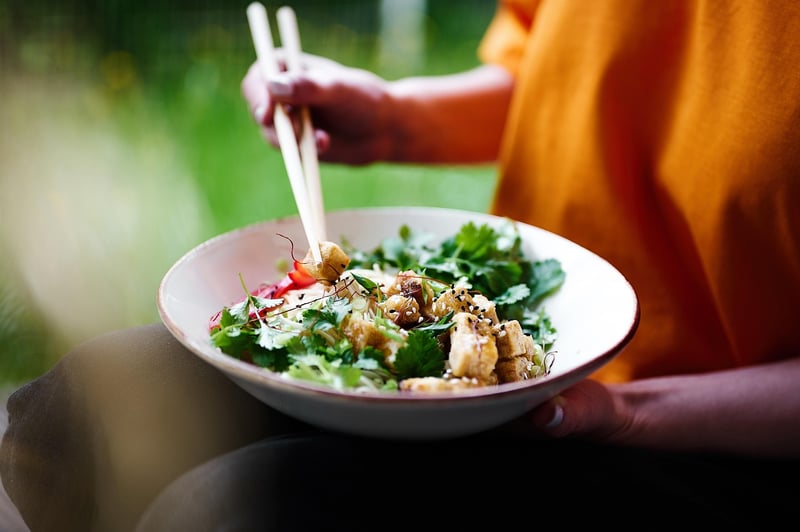Food History
Exploring Diverse Culinary Traditions and Food History
Food is not just about sustenance; it's a reflection of culture, history, and traditions. Exploring diverse culinary traditions can be an exciting journey that opens up a world of flavors and stories. Let's delve into the rich tapestry of food history and how it has shaped societies around the globe.
The Importance of Culinary Traditions
Culinary traditions are more than just recipes; they are a way of passing down stories, values, and identities from generation to generation. Each dish carries with it a history of its origins, the ingredients used, and the techniques employed.
Exploring Global Cuisine
From the spicy curries of India to the delicate sushi of Japan, every country has its unique culinary identity. Exploring global cuisine allows us to appreciate the diversity of flavors and ingredients that make each culture distinct.
Food as a Cultural Marker
Food serves as a cultural marker, reflecting the geography, climate, and traditions of a particular region. For example, the use of spices in Middle Eastern cuisine or the emphasis on fresh seafood in coastal areas highlights the influence of local resources on food preparation.
Uncovering Food History
Food history provides insights into how societies have evolved over time. By studying ancient recipes, culinary practices, and dining rituals, we can gain a deeper understanding of past civilizations and their way of life.
The Evolution of Food Preparation
From the invention of fire for cooking to the development of sophisticated culinary techniques, the history of food preparation is a testament to human innovation and creativity. Exploring how food preparation methods have evolved can offer a glimpse into our ancestors' daily lives.
Food and Social Change
Food has been a catalyst for social change throughout history. Movements like the Slow Food movement or the rise of organic farming highlight a growing awareness of the impact of food production on health and the environment. By understanding the historical context of these movements, we can appreciate the ongoing dialogue around food sustainability.
Embracing Culinary Diversity
As we explore diverse culinary traditions and food history, we gain a deeper appreciation for the interconnectedness of global food cultures. Embracing culinary diversity allows us to celebrate the richness of human creativity and the shared experience of enjoying a good meal with others.
Let's continue to savor the flavors of the world and uncover the stories behind every dish we enjoy!



Explore more images of diverse culinary traditions on Pixabay.
